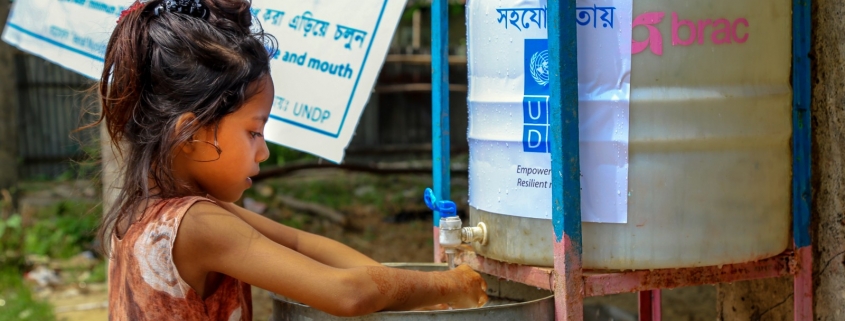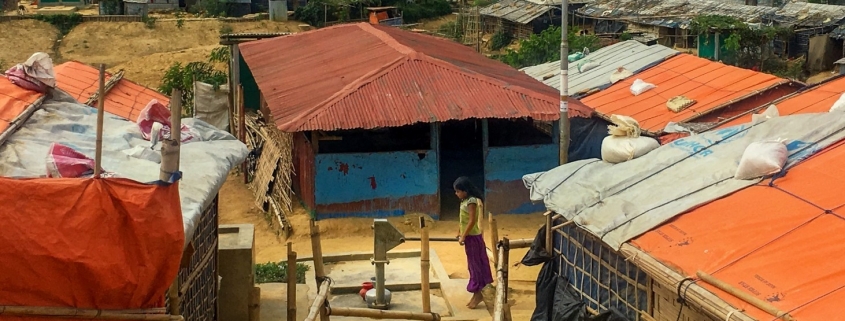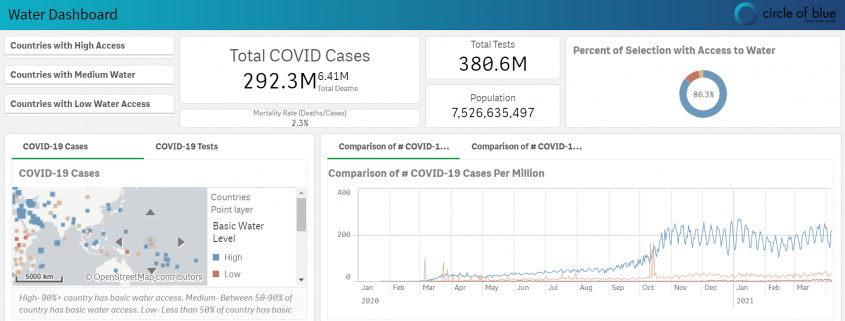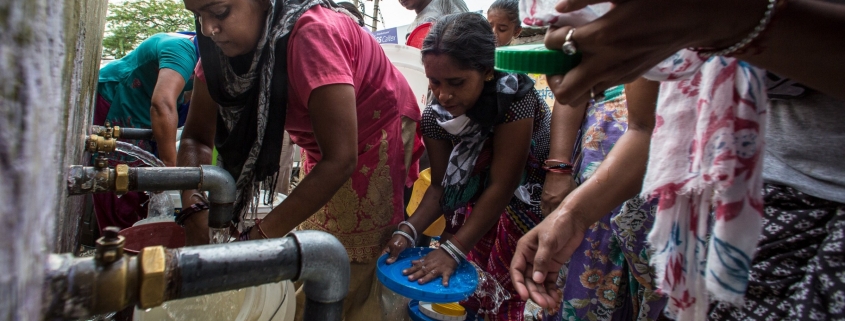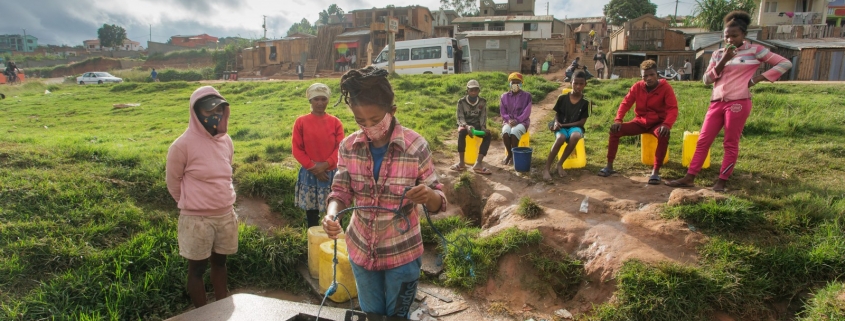 https://www.circleofblue.org/wp-content/uploads/2021/04/WP-3.jpg
1067
1600
Keith Schneider
https://www.circleofblue.org/wp-content/uploads/2018/06/Circle-of-Blue-Water-Speaks-600x139.png
Keith Schneider2021-04-20 08:58:552021-11-29 21:07:26Pandemic Brings WASH To Rare Inflection Point
https://www.circleofblue.org/wp-content/uploads/2021/04/WP-3.jpg
1067
1600
Keith Schneider
https://www.circleofblue.org/wp-content/uploads/2018/06/Circle-of-Blue-Water-Speaks-600x139.png
Keith Schneider2021-04-20 08:58:552021-11-29 21:07:26Pandemic Brings WASH To Rare Inflection PointWASH Within Reach
50 years, $400 billion, and a global pandemic later – water, sanitation and hygiene define a moment in human history
This is a three part series on the global status of universal access to water, sanitation, and hygiene. Produced through a collaboration between Circle of Blue and the Wilson Center, with support from the Conrad N. Hilton Foundation. This independent journalism does not necessarily reflect the views of the Conrad N. Hilton Foundation.
World Economic Forum Agenda article
Universal access to clean water is within reach. How can we achieve it?
- Despite COVID-19 setbacks, international institutions and service providers have stayed on course to deliver water, sanitation, and hygiene goals.
- According to the UN, 88% of the world’s population (7 billion people) now have access to clean water in their homes and within a 15-minute walk.
- Achieving SDG 6 – clean water and sanitation for all – will require global stakeholder collaboration and political commitment.
New Security Brief
WASH Within Reach: Moving Towards a Forward-Thinking Water, Sanitation, and Hygiene Agenda
EXECUTIVE SUMMARY The COVID-19 pandemic put into stark reality the critical role that access to clean and affordable water and sanitation plays in human health and economic prosperity. It also added a layer of ambiguity around the sustainable financing and servicing of clean water, sanitation, and hygiene (WASH) globally, especially for developing countries. As COVID-19 continues to devastate communities around the world, examining where WASH systems have proven resilient provides important insights for future investments and innovation. To take stock of the pandemic’s impact on the WASH sector, the Wilson Center and Circle of Blue launched WASH Within Reach: 50 years, $400 billion, and a global pandemic later – water, sanitation and hygiene define a moment in human history. The project interviewed over 50 authorities on five continents, hosted a public dialogue on the status of achieving universal access to WASH, and convened a private roundtable to assess the status of WASH and explore a forward-thinking agenda for the sector. This policy brief provides an overview of the project’s findings and recommendations.
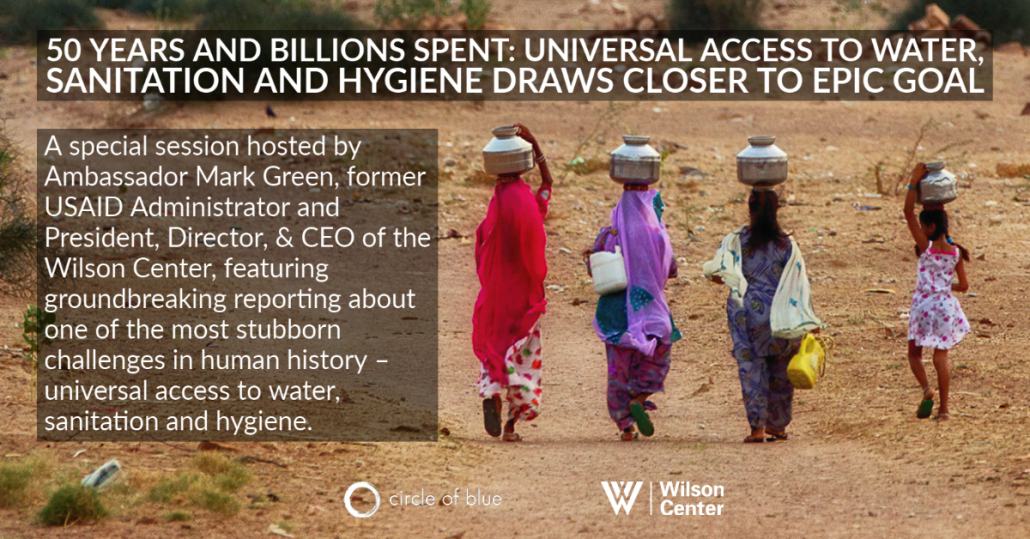
By Amanda King & Jane Johnston
“Reporting on the progress made, the challenges that remain, and impact of COVID-19 on the WASH sector is crucial,” said Ambassador Mark Green, President, Director, and CEO of the Wilson Center and former USAID Administrator, during his opening remarks at a recent event hosted by the Wilson Center and Circle of Blue to discuss the WASH Within Reach project.
After months of research and interviews with dozens of authorities on five continents, WASH Within Reach unravels the complexity of a global sector that now spends over $20 billion a year and is on its way to achieving the United Nations’ Sustainable Development Goal (SDG) 6: clean water, safe sanitation, and hygiene for everyone on Earth by 2030.
So, how do we achieve SDG 6? WASH sector experts pondered that fundamental question during this special session that spotlighted the series and its importance, highlighting major players in the sector and what needs to be done to achieve SDG 6.
Glass Half Full?
In her opening remarks, USAID Interim Global Water Coordinator Maura Barry said the project’s groundbreaking reporting sheds light on the “bright spots” of the WASH world, which is all too often seen as a “glass half empty.”
The United Nations has been the gatekeepers of that pessimism, said Keith Schneider, Senior Editor and Chief Correspondent at Circle of Blue, and author of the three-part WASH Within Reach series. “What I found was that WASH has been a whole lot more successful than the key players have acknowledged over the last 20 or 30 years,” he said.
When the project’s reporting began in 2020, the COVID-19 pandemic painted a different picture for many in the WASH sector. “When COVID-19 took hold of the world last year, there were real concerns about the sustainability of financing and servicing of WASH, especially for those developing countries,” said Ambassador Green. As COVID-19 continues to devastate communities around the world, he said, “taking stock of where WASH systems are resilient to the pandemic can help provide some important insights for future investments and innovation.”
While signs gleamed of a potential catastrophe, the actual effects of the pandemic in delivering water and sanitation to people who needed it were not nearly as dire as anticipated. “COVID-19 is an issue in WASH. It’s an issue everywhere,” said Schneider. But it’s not nearly the impediment at this point compared to what WASH has been dealing with for 50 years, he said, like population growth in cities, poverty in rural areas, and WASH financing and funding.
Through his reporting, Schneider found that over the last 50 years at least $400 billion has been spent on the sector, which operates much like a galaxy, including high profile institutions, a community of devoted professionals, and social enterprises working on the ground.
Reiterating insights from an expert interviewed for the series, Schneider said that by 2030, around 95 percent of the world could have universal access to water and sanitation.
Achieving SDG 6
Panelists agreed that achieving SDG 6 will take more than the work of any single social enterprise or institution, but the focus should be on the local and regional levels.
Joel Kolker, Program Manager of the Global Water Security and Sanitation Partnership at the World Bank, said that water, unlike other sectors like power and energy, tends to be locally serviced, and sub-national governments tend to have the biggest challenges in maintaining WASH services.
Tanvi Nagpal, Director of the International Development Program at the School for Advanced International Studies at Johns Hopkins University, said governments should look to social enterprises who have developed the models needed to reach the UN’s lofty goal. “But, in order for those models, those methods, those strategies to really have an impact,” she said, “they will have to be integrated somehow into service delivery systems that are managed by governments.”
Sanergy, a 12-year-old company that manages 3,500 public toilets used by more than 130,000 people a day in Kenya’s informal settlements, has found success in building partnerships both from the bottom up and from the top down, working within communities and alongside governments. Sheila Kibuthu, the Communications Director at Sanergy, said this model creates a unique environment for Sanergy’s circular sanitation system to succeed in informal settlements and allows for expansion beyond Nairobi.
Sanergy’s model not only improves the sanitation for thousands of residents in Nairobi, it also touches a number of other sectors. “We work with farmers, we work with health practitioners, and so what we have really been working on—seeing that government especially has been our key stakeholder—is that we’ve been able to bring all of these stakeholders together,” said Kibuthu. Through Sanergy’s circular economy approach to biological wastes, Kibuthu said, they’ve been able to show the interlinkages between sanitation and waste management, sanitation and agriculture, and sanitation and climate resilience, which has helped build stronger policies and enable sanitation to thrive.
Uptime, a consortium with the goal of delivering long-term drinking water services in rural areas, is based on a model that awards service providers performance-based grants. Duncan McNicholl, the Director and Co-founder of Uptime said to build their capacity, they need to be able to demonstrate results over a longer period and at progressively bigger scales. “We need to get beyond the pilot stage,” McNicholl said.
Maintaining Momentum
In his closing remarks, Peter Laugharn, President and CEO of the Conrad N. Hilton Foundation, which funded the WASH Within Reach project, said we have almost everything we need to reach SDG 6. The missing piece? Global responsibility and political commitment.
“We need to build efficiency at each level of systems,” said Laugharn.
Universal access to WASH services is certainly within reach. The question now seems to be how the WASH world keeps up this momentum. Active participation on all levels is the key, said Kibuthu. “Working together is what it takes.”
Interactive Data Dashboard
Related stories
WASH Timeline
Time Line By: Christian Thorsberg
Featured Image:
A girl fills water jugs at a Afridev pump in Bangladesh Cox’s Bazaar refugee camp. Photo © Jennifer Möller-Gulland.

